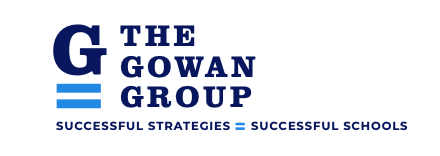Dan Pink, author of Drive, The Surprising Truth About What Motivates Us, offers us all much to think about regarding autonomy, mastery and purpose as the key motivators to innovation. By design, the independent school model thrives on all three. The nature of independent schools compels us to develop our own curriculum and we offer teachers the autonomy in the classroom to teach the way in which we as schools feel is most effective. Of course, mastery of our program and curriculum is essential. And mission driven schools have a "built-in" purpose, which drives all decisions. The mission of a school is the wellspring of vision and energy for the school. It captures the values and aspirations of the founders, the board of trustees, and the school's leadership and faculty. It helps guide decisions; it helps set standards for assessing the school's curriculum. This just doesn't seem to be enough. We all agree that Dan Pink's theory on motivation is in alignment with the nature of independent schools. But then why does sustaining the motivation for both faculty and students prove to be so difficult? So often we get bogged down with the details of everyday life, we tend to forget what we value most about independent schools. Fortunately for us, Pink reminds us. What if we paid better attention to how we motivate others? What if we spent valuable time discussing the true meaning of autonomy, mastery and purpose? But how? A faculty committee? Focus groups? Hearty discussions at faculty meetings led by our all-star faculty members? We could host Fed-Ex Days, support examples of successful motivating strategies, and offer faculty and students incentives along the way - to name a few. I offer the video below and encourage you to share your ideas with us and your colleagues. This is such as important topic for our schools; developing innovative ideas that keep us motivated should be a priority for us. Let's keep the conversation moving ...
[youtube=http://www.youtube.com/watch?v=u6XAPnuFjJc&w=480&h=295]



